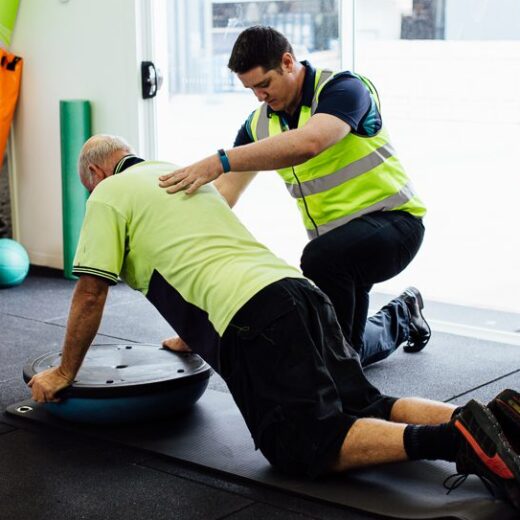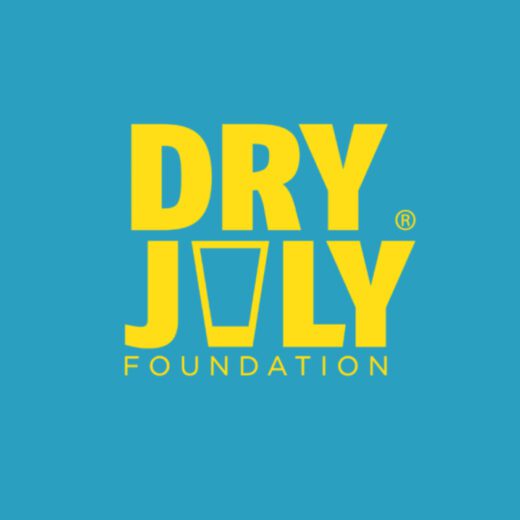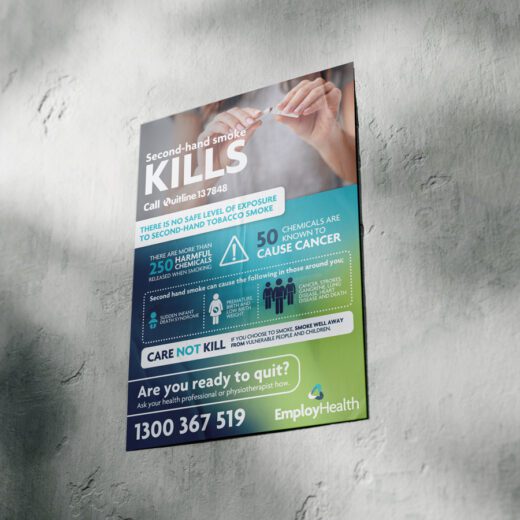
Mid-Year Health Check-Ins – Fit For Life
Give your team the reset they need with onsite wellness screening The middle of the year is the perfect time to check in, not just...
Read moreWorkers compensation premiums are calculated based on the annual remuneration you pay your workers, including wages, super and other allowances, your industry premium rate, and any income support costs paid to your worker/s with time lost claims in the previous year.

The minimum premium is the least amount of money that you are required to pay on a policy, even if something happens and you decide you don’t need workers’ compensation anymore. That’s how the insurance company can make sure they can cover the costs of underwriting and administrative fees.
While all registered employers are required to pay an annual insurance premium, many sole operators and small businesses will only have to pay a minimum premium. By implementing an early intervention program you have the ability to manage injuries early, before they become full claims and ultimately get workers recovering as soon as possible.
In 2017–18, 89% of serious claims were for injury and musculoskeletal disorders (Safe Work Australia 2020).
Overall, 41% of claims were for traumatic joint/ligament and muscle/tendon injury, followed by wounds, lacerations, amputations and internal organ damage (16%) and musculoskeletal and connective tissue diseases (14%). Fractures accounted for 11% of serious claims, and mental health conditions 7.5%.
Upper limb injuries can occur in the workplace for a range of reason, these can commonly include shoulder rotator cuff tendonitis, tennis and golfer's elbow and carpal tunnel syndrome or de quervain's tenosynovitis (thumb tendon injury)
Slips, trips and falls can occur throughout the workplace and can contribute to musculoskeletal injuries as well as cuts, bruises, fractures etc. Slips and falls are preventable and suitable controls should be put in place to avoid these contributing to compensation rates.
Lower back injuries are common in the workplace, especially with high manual handling tasks and high repetition and frequency.
Reducing premiums starts with good workplace procedures and a healthy safety culture. Employ Health Physiotherapists are trained in a number of different services which help your business along the path of proactive injury management.
By understanding the ergonomics related to a specific task and assessing how tasks are completed we can build ergonomic training around your workplace requirements. Instructing workers and providing education on how to complete tasks and move their bodies in the most ergonomic way in their job can help reduce injury by decreasing muscle load in particular body areas, optimising postures and body strength.
Early intervention physiotherapy can promote employee wellbeing and reduce the risk of injuries. Assessing and treating injuries early in their onset gives us the best possible opportunity to ensure a positive prognosis, we can also assist/advise with modifying duties to reduce risk of further injuries occurring. All of these factors can help prevent progressing to the level of workers compensation claims for injuries.
Pre Employment medical assessments help to identify potential employee’s suitability for work, identify risk factors and assist in capacity matching. Capacity matching ensures that a worker has the necessary physical capabilities and strength to perform their job, which helps reduce risk of injury occurring.
Workers compensation is a form of insurance payment to employees if they are injured at work or become sick due to their work. Workers compensation includes payments to employees to cover their wages while they’re not fit for work and their medical expenses and rehabilitation.
Workers compensation is managed by different regulators in each state or territory. Generally a doctor or physiotherapist will complete a certificate outlining the worker’s capacity and what duties they are allowed to perform. Claims are then assessed by an insurer and managed through a claims agent.
Most business owners with full time employees must follow mandatory workers compensation rules. There are a number of exceptions to the rule that all employees must be covered by workers compensation.
As a sole trader, you can’t cover yourself as an ‘employee’ with workers’ compensation insurance. So you’ll need to consider your own personal death, illness and disability insurance.
You can cover yourself for accident and sickness insurance through a private insurer. This policy will compensate you for loss of revenue while you recover.
Employer’s liability insurance covers legal defence costs when an employee blames your business for negligence leading to injury or illness. Those costs could include hiring a lawyer, court fees, and paying a settlement or judgment.
Weekly compensation payments are based on the wages received from the current employer in the 12 months prior to injury.

Give your team the reset they need with onsite wellness screening The middle of the year is the perfect time to check in, not just...
Read more
Why regular training is key to a safer, stronger workforce Manual handling injuries are one of the most common—and preventable—workplace hazards in Australia. Whether your...
Read more
How employers can support prevention, early detection, and healthier teams Diabetes is one of Australia’s fastest-growing chronic health conditions, and its impact reaches well into...
Read more
Every July, thousands of Australians take a break from alcohol to raise funds for people affected by cancer. But Dry July isn’t just a...
Read more
Safeguarding sensitive workplace data is no longer optional, it is essential. With cyber threats on the rise and regulatory changes looming, Australian businesses must...
Read more
Navigating the Rising Threat Landscape In today’s digital age, data security has become a paramount concern for Australian businesses. The increasing frequency and sophistication of...
Read more
What They Are and How to Manage Them in Your Workplace Mental health and wellbeing have become essential conversations in modern workplaces – not just...
Read more
Ways Your Business Can Make a Difference This June June is Women’s Health Month, a time to recognise, celebrate, and support the health and wellbeing...
Read more
May is Addiction Awareness Month—a time to shine a light on the habits and dependencies that affect the health, wellbeing, and performance of workers...
Read more
Manual handling is a part of everyday work across countless industries – from construction and warehousing to healthcare and hospitality. But it’s also one...
Read more
Drug and alcohol use in the workplace is more than just a safety issue—it’s a health, productivity, and culture concern. Having a structured workplace...
Read more
Quitting smoking is one of the most impactful health decisions a person can make—but it’s not easy to do alone. As a business, the...
Read moreCan’t find what you’re after?
View all articles